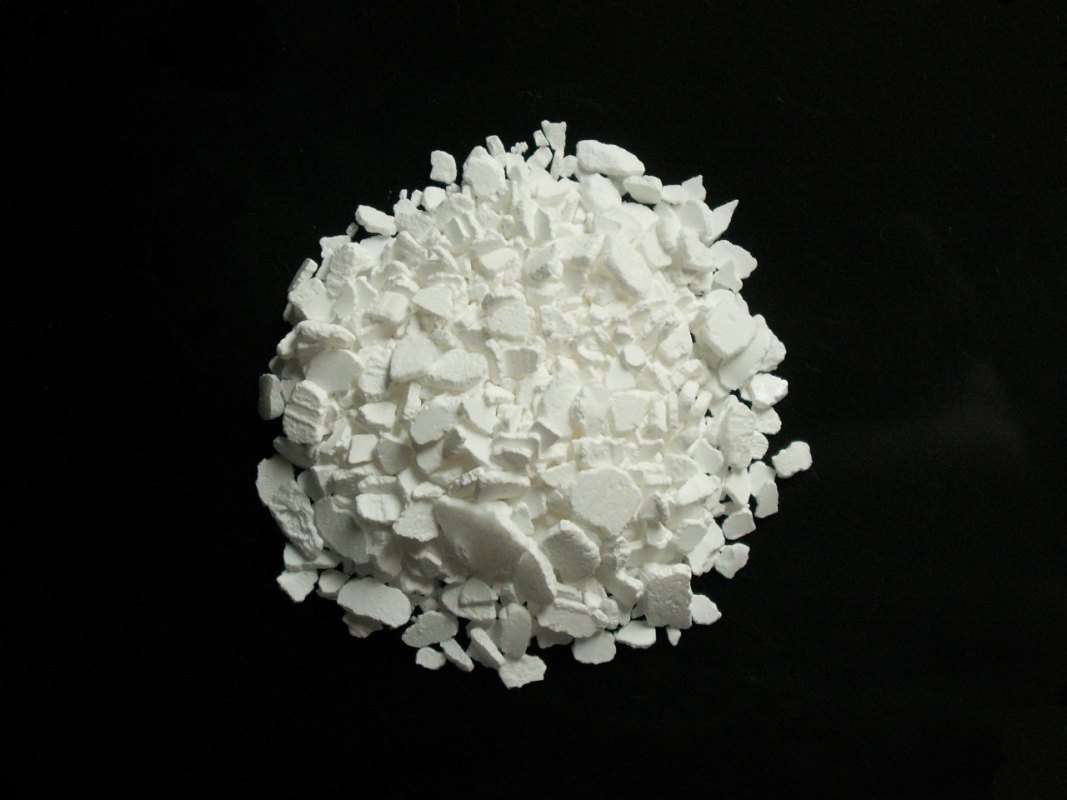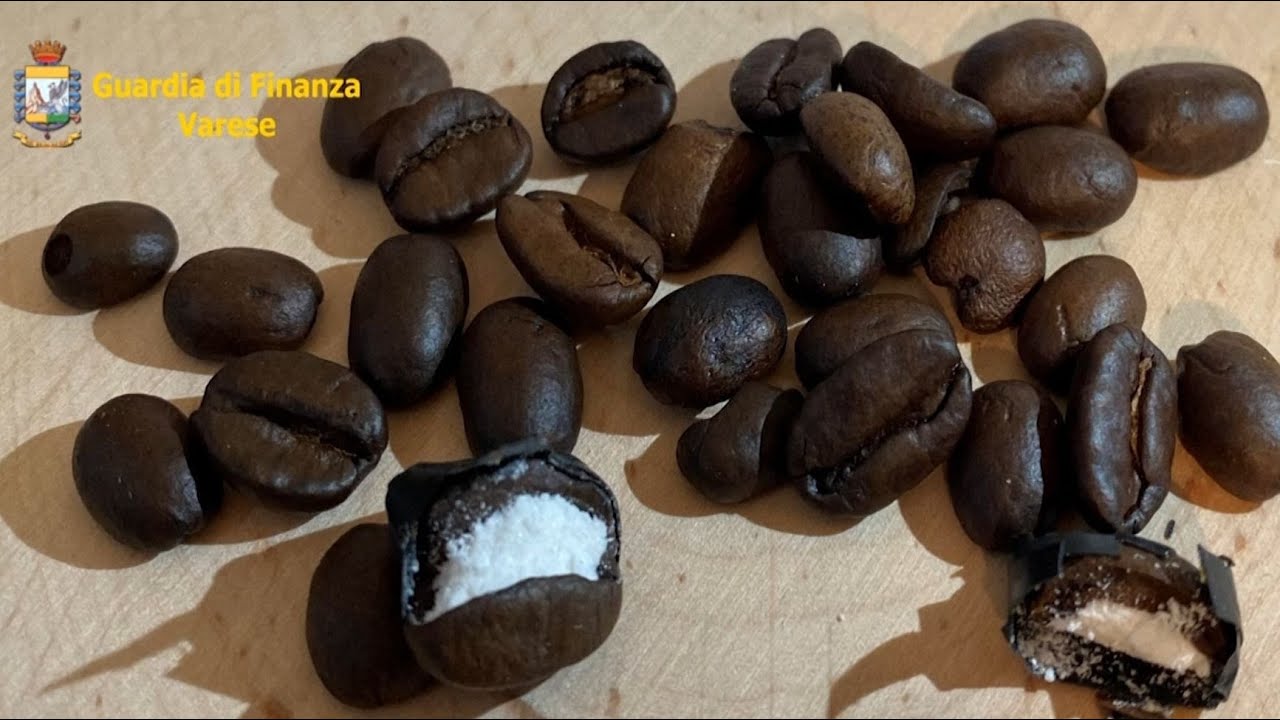What happens when a product with thoroughly legitimate uses ends up becoming enveloped in the industrial production framework of drug cartels? That’s essentially what’s happened with calcium chloride — particularly the variety made by Tetra Technologies Inc. It has a host of functions, from treating roadways to assisting in the brewing of beer. But it’s also become increasingly popular in the manufacturing of cocaine — a situation that’s created a dilemma for law enforcement agencies in multiple countries.
Writing at Bloomberg Businessweek, Michael Smith and Cam Simpson offer readers an overview of this contentious situation. How does law enforcement handle a perfectly legal substance that’s used in an illegal activity? And how do the makers of calcium chloride determine whether their product is being used for legitimate purposes?
When it comes to calcium chloride, the stakes are incredibly high. The article opens with a description of forces acting on behalf of a Colombian drug lord attacking a police garrison in Ecuador in order to obtain a large amount of calcium chloride. The ensuing conflict involved numerous injuries, abundant property damage and the deaths of several Ecuadorian marines.
Much of the illicitly used calcium chloride is shipped to Peru, where some of it is then acquired by drug cartels. “Peruvian authorities have never audited the legitimate use of calcium chloride in their country,” Smith and Simpson write. “Because of that, it’s impossible to know what share is siphoned off by narcos.”
As for Tetra, its director of global marketing told Bloomberg Businessweek that the company did not sanction illicit uses of its product. “We strongly oppose the use of any Tetra products for illegal purposes,” said Gisselle Piller.
The complexities of this situation are myriad, and as the article notes, there are few easy answers here, and plenty of chaos.
Thanks for reading InsideHook. Sign up for our daily newsletter and be in the know.
















